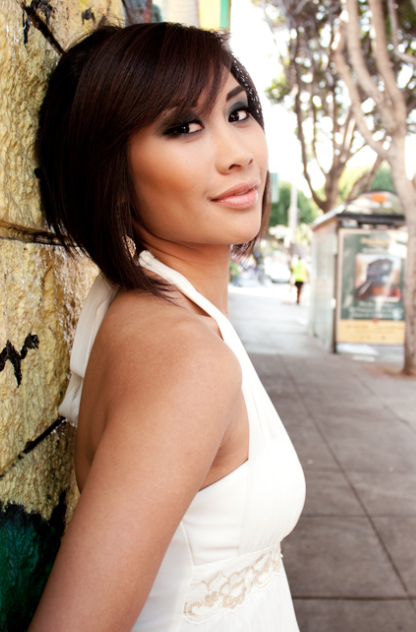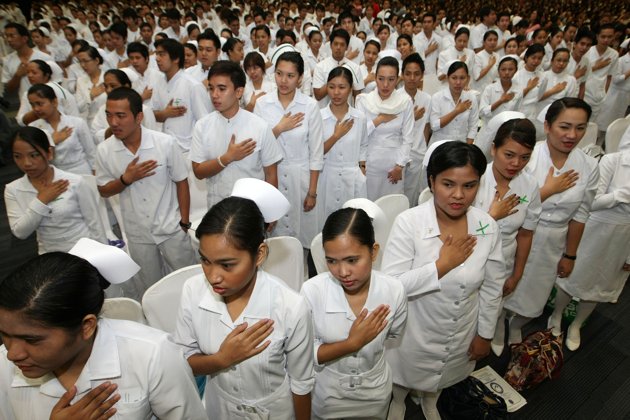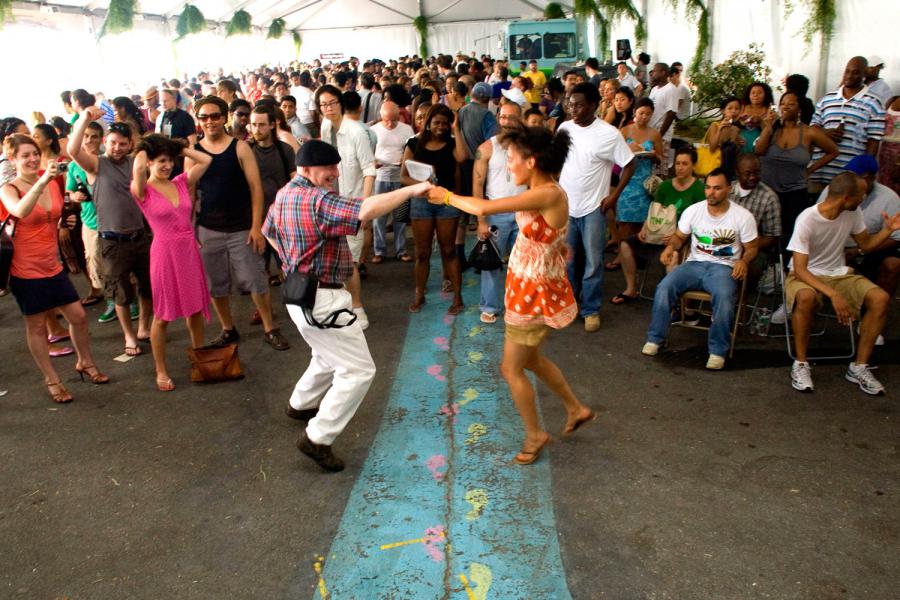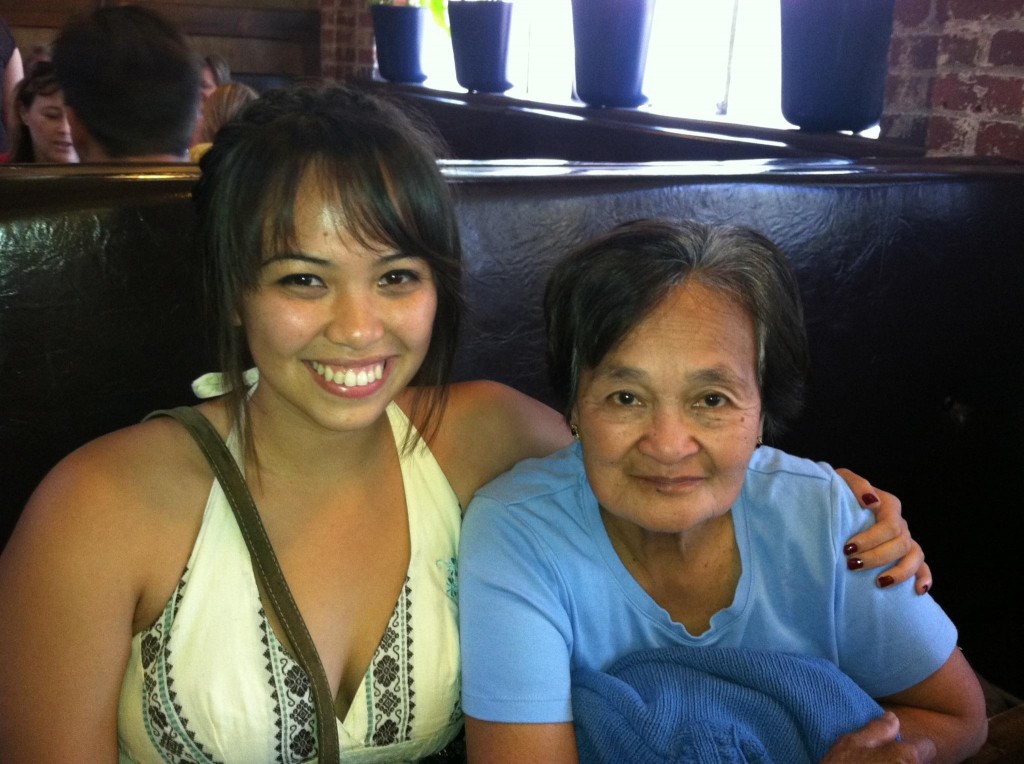By Nicole Maxali, guest contributor
 About one year ago, I moved from the San Francisco Bay Area to New York City in order to pursue my passion of acting, writing and producing. In my first month of living in NYC, I had a stark realization: the Pilipino community on the East Coast is very spread out. It’s not like in the Bay Area, where you can run into a Pilipino at every corner or every fifteen minutes.
About one year ago, I moved from the San Francisco Bay Area to New York City in order to pursue my passion of acting, writing and producing. In my first month of living in NYC, I had a stark realization: the Pilipino community on the East Coast is very spread out. It’s not like in the Bay Area, where you can run into a Pilipino at every corner or every fifteen minutes.
So, it was refreshing to meet Leslie Espinosa - the creator of Tagalogue - through a mutual friend in October 2012. She invited me to check out her show Tagalogue which was a collection of Fil-Am stories by Pilipino artists. I came out to support and was instantly drawn in by the eclectic collection of voices, stories and artists. I told Leslie that I would love to be part of Tagalogue the following year.
Fast forward to September 2013: I received an email from UniPro that an open audition is happening for Tagalogue Volume 3. This year’s theme was “Celebrating our Ancestors." The stars not only aligned for me to audition, but it also allowed me to perform and share a piece that is very close to my heart. The piece I performed was a snippet of my full length one woman show, “Forgetting the Details."
“Forgetting the Details” pays tribute to my lola, Encar. During the mid 1950s, Lola Encar was part of a surge of Manangs finally able to come over and join their husbands in America. My lola was always the most stylish, as she always stood out from the rest. Growing up at Lola’s house, I remember her having seven closets full of clothes, shoes, jackets, purses, jewelry and accessories! I once found a closet full of shoes she had kept from the 70’s and 80’s. I still wear them to this day. Women are always commenting, “Oh, I love your shoes!” Lola Encar also taught me the importance of hard work, education, sticking by your family, how to be resourceful and to have faith in yourself and God. It’s because of her I am the strong woman I am today. I am so thankful for her influence and love.
“Forgetting the Details” also began as a way to cope with my lola's struggle with Alzheimer’s. Incorporating true-life stories, things she’s said over the years while raising me as a little Fil-Am kid in San Francisco, and giving my view on the situations while also adding some much comedic relief to a struggling time. But as I continued to write, to take solo classes, and share twenty-minute snippets of the show with audiences, I soon realized that my art was beginning to be a form of healing not only for me but for those that were going through similar situations. All types of people began approaching me after my shows, sharing their stories of a mom, grandma or uncle with Alzheimer’s. Some would even share their own frustrations being a caretaker. Other young Fil-Ams were coming up to me, saying how inspiring it was to see a character that reminded them of their own family or grandmother.
So to be able to perform a snippet of my show with the Tagalogue cast/crew was such an honor and blessing. I am so thankful for the opportunity to do what I do. Here is a link of family pictures taken from my one woman show, “Forgetting the Details." -- Nicole Maxali is a New New Yorker. Native to San Francisco, she began performing at Bindlestiff Studio, the only Filipino-American Theater in the nation. In 2008, Nicole Maxali wrote and performed her very first solo show under the tutelage of W. Kamau Bell (FX’s Totally Biased). Under the direction of Paul Stein at Comedy Central Theater, Nicole developed her original twenty minute piece titled “I Heart Lola” into her full length show, "Forgetting the Details". Described by legendary comic Dave Chappelle as "funny, heartwarming and funny again", Nicole Maxali’s 75 minute solo performance piece explores the familial and cultural-related challenges a young adult faces when losing a loved one to Alzheimer’s. She has performed her solo show at the famous Joe's Pub at The Public Theater in New York City, The FIND Conference at Harvard University and the Minnesota Fringe Festival. You can also see Nicole on the big screen as a surgical nurse in the independent film, Fruitvale Station, produced by Forest Whitaker & directed by Ryan Coogler.








